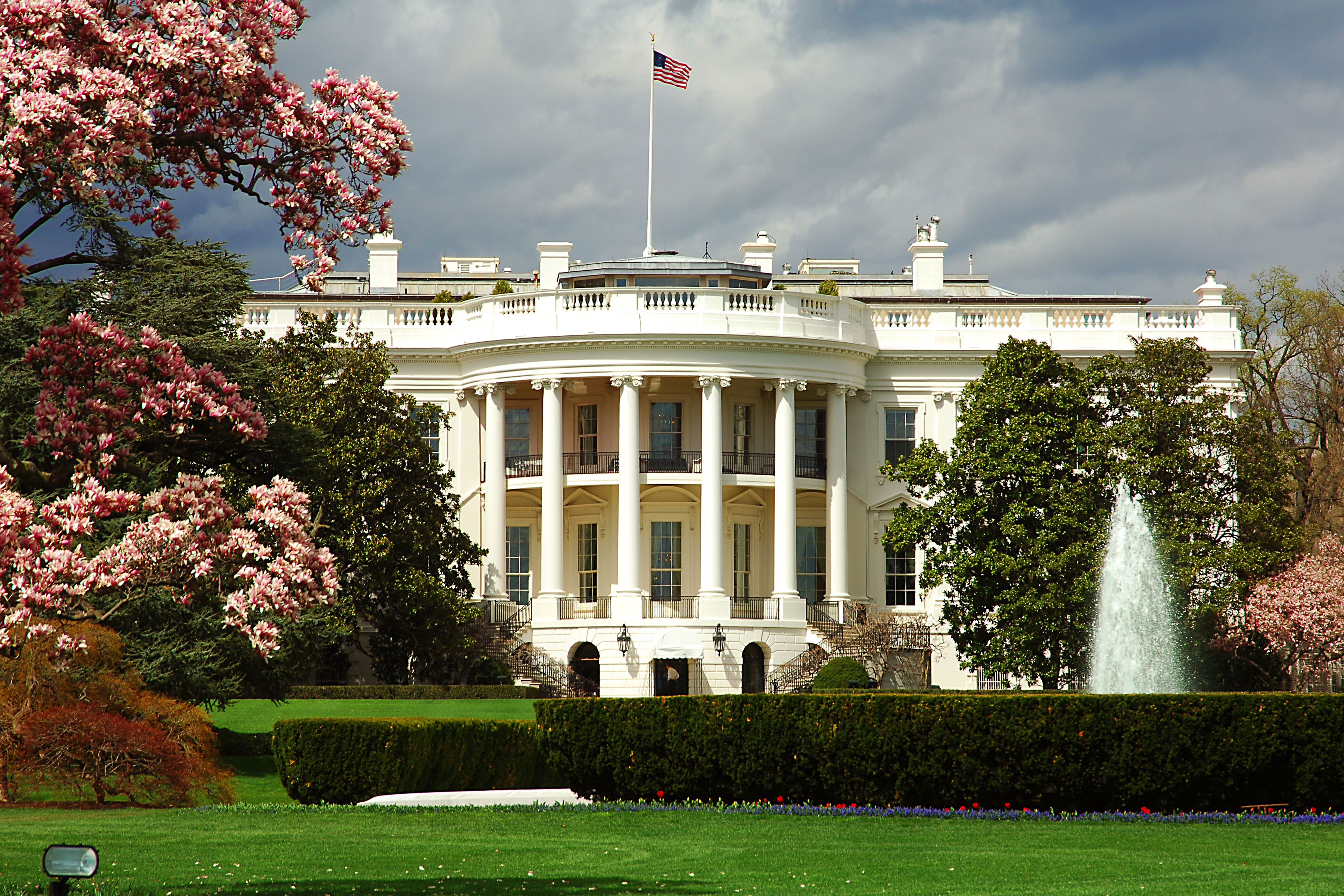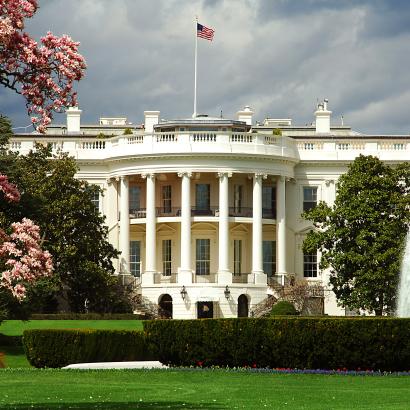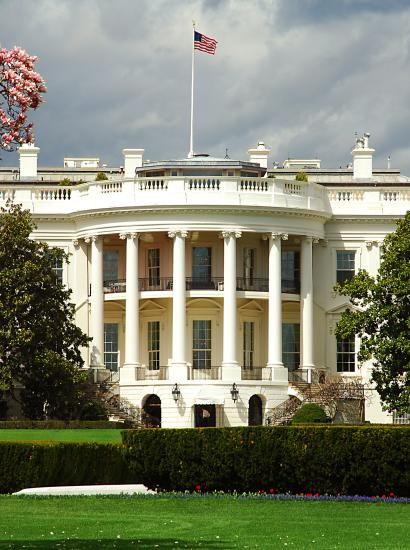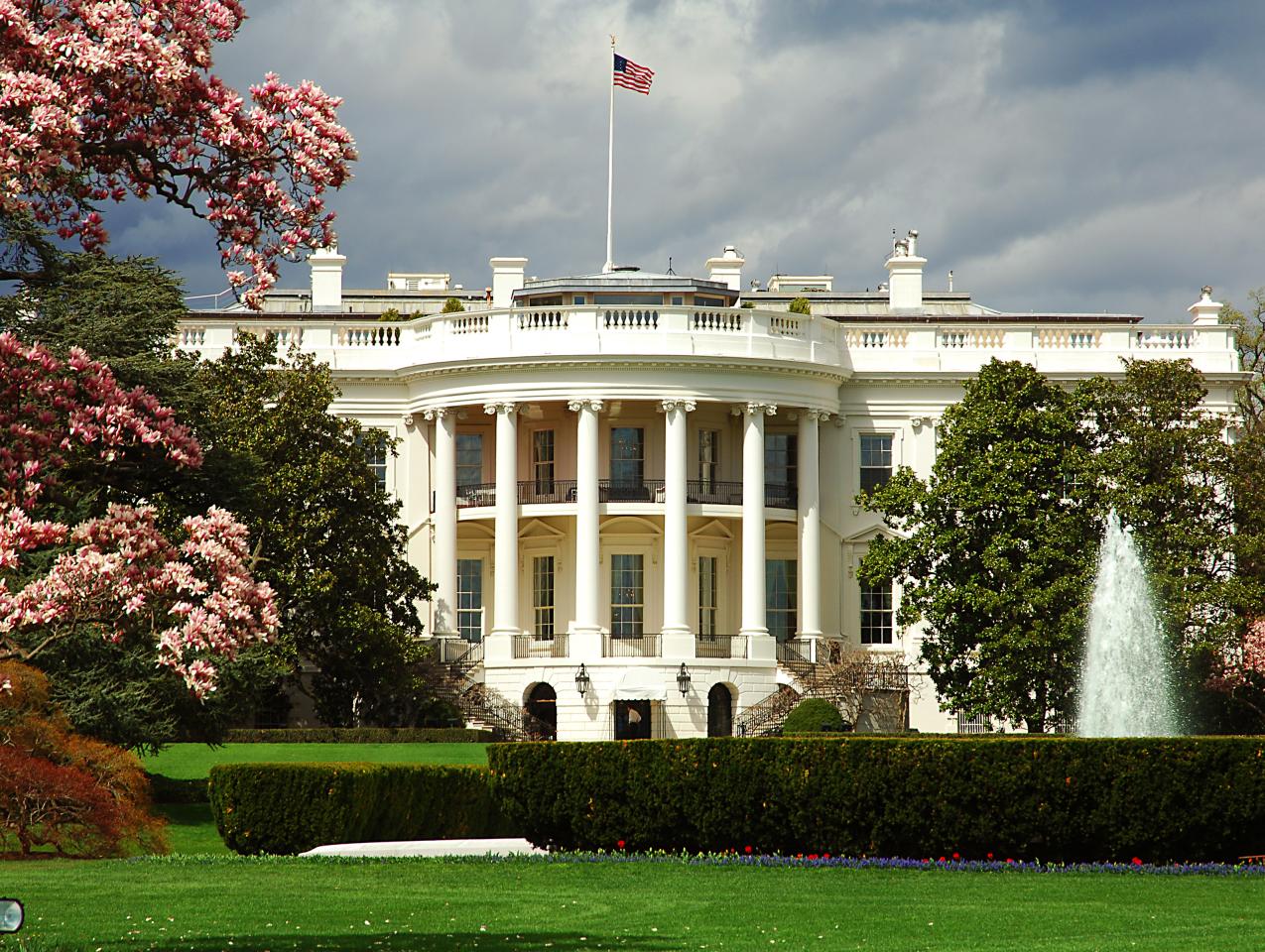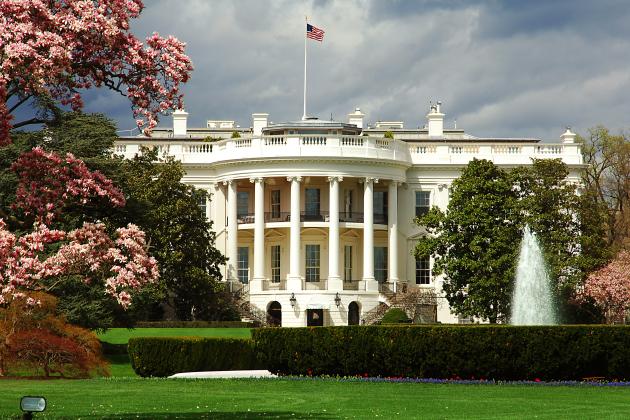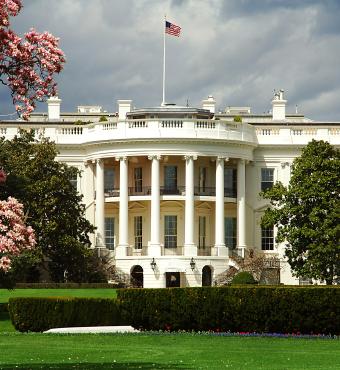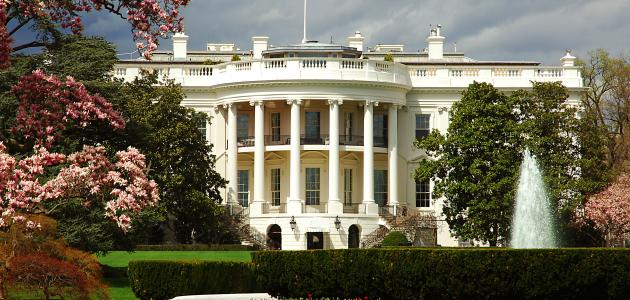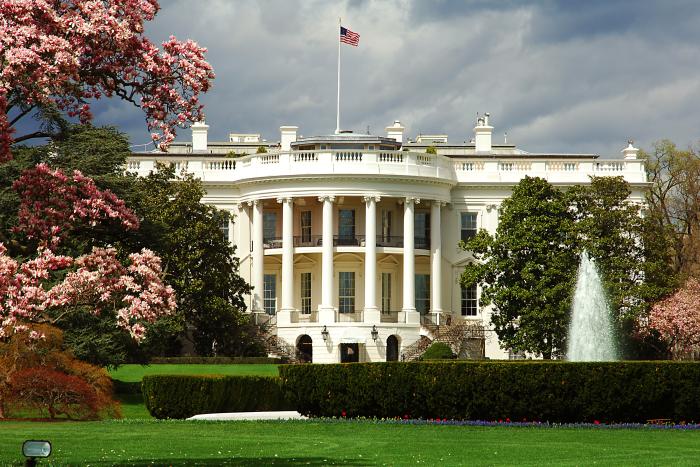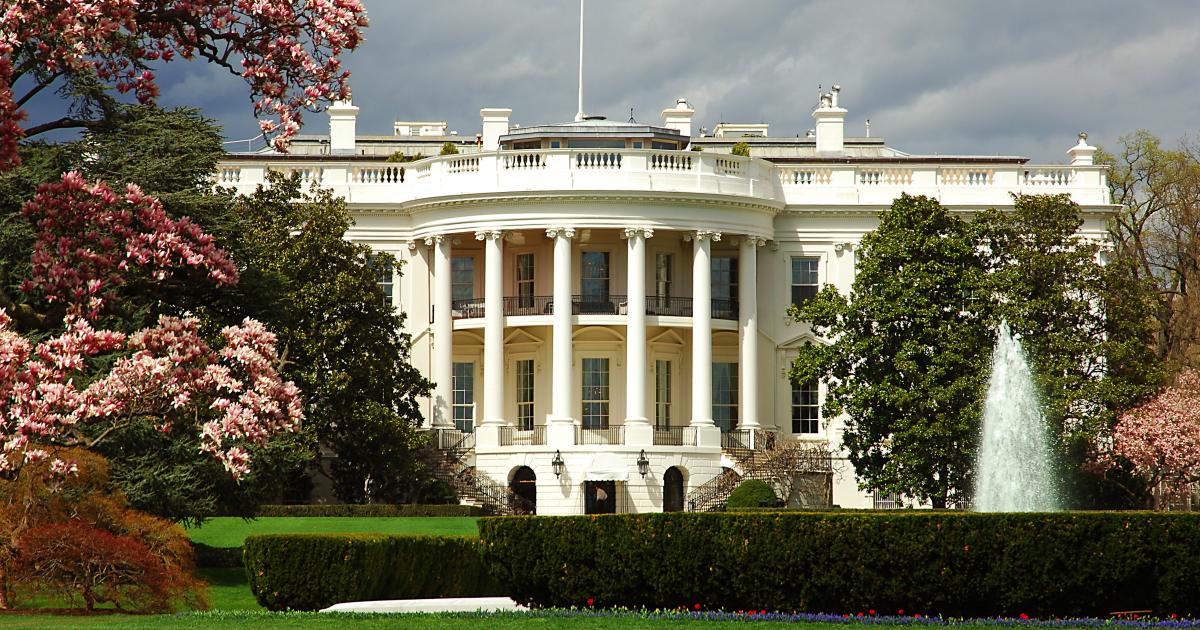- Politics, Institutions, and Public Opinion
President-elect Joe Biden and his administration will inherit a very full agenda of problems on January 20, 2021 both foreign and domestic. The Biden team has already signaled that its overriding priority will be to get the COVID-19 pandemic under control and to put the economy on the path to recovery. Given voter concerns on both sides that focus is only to be expected. One exit poll in Virginia, where I live, showed that foreign policy barely registered with voters as an issue. Only 1% said it affected their vote.[1]The Biden Administration will likely not want to pick fights early on that distract from its COVID agenda.
Yet foreign policy will impose itself on the Biden Administration, as it inevitably does with all administrations, and no region will present a greater challenge than the Middle East. There is a basis for a bipartisan consensus that China and Russia represent long -term strategic challenges to the United States, and although there may be differences of emphasis and tactical approaches, those issues are likely to be manageable for the Biden Team.[2]However, three decades of intense involvement in the Middle East have convinced both left-wing critics of U.S. foreign policy like Matt Duss and right-wing, America First Trumpists that a significant U.S. role in the region is simply not worth the candle. In their view as a recent primer by the Koch Brothers-funded group Defense Priorities states, “the Middle East is a small, poor, weak region beset by an array of problems that mostly do not affect Americans—and that U.S. forces cannot fix. The best thing the U.S. can do is leave.”[3]Of course, two Administration’s over the past 12 years have attempted to do just that, and both, at the end of the day, have been unable to do so. It is worth pausing and reflecting on the reasons that U.S. policymakers have had difficulty extricating themselves from the region or assuming more risk there as the National Defense Strategy recommended in 2018.
There are enduring reasons for U.S. involvement in the region, and I discussed many of them in a workshop on Great Power competition and the region that this very group sponsored 18 months ago. I have seen nothing in the intervening time to dissuade me from those views.
First, U.S. allies continue to depend on reliable flows of energy from the region, despite the fracking revolution and increasing access to tight oil and gas in the U.S. Moreover, the U.S. economy remains susceptible to price shocks in energy markets, and price stability in those markets will remain important as the U.S. and international economies recover from the effects of the COVID pandemic.
Second, the effects of uncertainty in the region about the U.S. commitment to remaining a key player militarily have prompted adversaries to explore the limits of what the U.S. will tolerate and partners and allies to engage in self-help, which from the U.S. point of view is not always ideal – to wit, the Saudi-Emirati intervention in Yemen. The vacuum has not only been filled by Russia and Iran (as I noted last year) but now also by Turkey with its interventions in Libya and Syria, and its obstreperous challenges to freedom of the seas in the Eastern Mediterranean.
Third, although the American public remains only minimally interested in foreign policy, protecting the homeland and our allies from terrorist attacks remains a major concern and as the recent terror attacks in France suggest ISIS remains a source of inspiration for lone wolf attacks and is likely to remain a concern as a point of origin for the planning of mass casualty attacks. As a result, simply pulling U.S. forces out of Syria, Iraq, Afghanistan and elsewhere in the region will remain fraught with political peril for future U.S. administrations.
Finally, efforts by the U.S. to pull up stakes in the Middle East will not only create concerns among its security partners in the region but will reverberate among U.S. friends and allies in the Indo-Pacific and NATO, much as the Obama administration’s failure to enforce its own red-line in Syria did in 2013.
All of this suggests that a Biden Administration is likely to find, as its two predecessors did, that simply withdrawing from the region is not an option. President-elect Biden’s judgment about the region is, however, suspect in this area. As former Secretary of Defense Robert Gates famously noted in his memoir of his service in the Bush and Obama Administration’s “I think he has been wrong on nearly every major foreign policy and national security issue over the past four decades.”
In addition, a putative Biden Administration will largely be staffed by former officials from the Obama Administration, and many of the issues that will most cry out for their attention have at least some of their roots in both the actions and failures to act of that team with regard to Syria, Libya, Turkey, Iran, Yemen and Afghanistan, including the red-line fiasco in Syria, the ill-considered failure to stabilize post-Qaddhafi Libya, the poorly thought out withdrawal from Iraq in 2011, the Iran nuclear deal, and the coddling of Turkey’s President Erdogan among other policy failures. Will the Biden Administration merely constitute an effort to restore the Obama team’s policies?
I suspect the answer to that question is no. Although it is tempting for the officials who populate new administrations to recur to policies and practices they have followed in the past, particularly when they have been in office recently, the reality is that time has moved on and the world they will inherit will be significantly different from the world Barack Obama left behind on January 20, 2017. There is reason to believe that there are divisions in Biden‘s world between those who believe that there only needs to be a simple restoration of the Obama approach, whom Thomas Wright at Brookings has dubbed the “restorationists,” and those who believe that the hyper-cautious approach pursued by Obama needs to be transformed. Both of these Biden camps will also have to contend with the progressive Democratic left whose policies are more in line with the Trump Administration than either of these two factions in Biden’s camp.
Ultimately as John Adams memorably once said, “facts are stubborn things,” and the facts on the ground in today’s Middle East will yield an even more complex set of challenges than when the Biden team left government four years ago. This, perhaps, will be even more true by the time the new team hits ground, since the outgoing Trump Administration’s scorched earth transition effort aims “to set so many fires that it will be hard for the Biden administration to put them all out” according to an unnamed senior official speaking with CNN.
The complex challenges that the region will present are daunting enough without these puerile efforts to make them worse. They include Iran’s persisting search for hegemony in the region as well as Turkey’s aggressive “Blue Homeland” doctrine and policies in the Eastern Mediterranean that have led Yossi Cohen, the director of Mossad, to tell fellow Middle East intelligence chiefs that “Iranian power is fragile…but the real threat is from Turkey.” The instability in the region also includes persistent jihadism and the dangers of unresolved ongoing conflicts in Syria, Libya and Yemen that fuel the Islamist extremism that feeds off the turmoil and violence. Many of these conflicts have been complicated by U.S. partner’s engaging in “self-help” because they perceive both the Obama and Trump Administration’s as committed to U.S. withdrawal from the region and ending the so-called “endless wars.”[8]Against this difficult backdrop, what recommendations would I make to Biden’s team? First, there are several thematic adjustments to U.S. Middle East policy that the Biden Administration would be well advised to make. Primary among them would be a reaffirmation of the U.S. commitment to provide leadership in the region as it confronts its myriad problems, albeit with an understanding that the U.S will have to adjust its military presence to make its commitments more sustainable. The sense that the U.S. was absenting itself from the region has allowed Russia, Iran and Turkey to establish themselves as arbiters of the region’s conflicts, with unhappy results. Meanwhile, China has also raised its profile in the region through its aggressive and predatory economic statecraft. A restatement that the region remains vital to the U.S. and that Washington sees the region as a part of rather than a distraction from great power competition and that it continues to stand for freedom of the seas would be helpful.[9]The U.S. will also need, in several cases, to reconstruct traditional institutional relationships: with the Kingdom of Saudi Arabia, the UAE, Turkey and perhaps even Israel, where traditional bureaucratic relationships between the diplomatic, defense, and national security bureaucracies have been replaced by family to family or personal ties between President Trump, his family members and the leaderships of other countries. The region is too complex and the issues too extensive for business to be conducted by a handful of people, without establishing a proper record of national commitments.[10]The U.S. should also reaffirm its traditional support for human rights, rule of law and promotion of democracy in the region. Among other things this reassertion of fundamental U.S. values will help provide the U.S. with policy tools for managing the Turkish and Iranian relationships but also help position the U.S to manage the region’s long-term political and social evolution.
More specific recommendations include developing a sustainable counter-terrorist posture in Afghanistan, Syria and Iraq. During the late Obama and early Trump terms the U.S. appeared to have done just that. A small foot-print, low visibility U.S. military presence that was almost entirely supporting local forces with training, equipment, intelligence surveillance and reconnaissance was successful in destroying the ISIS caliphate in Iraq and Syria, while keeping an eye on and inhibiting Iranian efforts to establish a land bridge from Tehran to the Israeli border and supporting the Afghan security forces in resisting the Taliban insurgency. Much of this has been undone by the Trump Administration’s ill-considered withdrawals from Syria in 2019 and the recent withdrawals from Iraq and Afghanistan over the objections of former Secretary of Defense Esper and in the absence of Taliban fulfillment of conditions which the Trump Administration itself had set forth. As the Wall Street Journal has noted this is both bad policy and bad politics. A rush to the exit “will demoralize the Afghans, who are doing the fighting and the dying…. American troops in Afghanistan protect U.S. national interests against the revival of a terror sanctuary. The only beneficiaries of a U.S. withdrawal now would be the Taliban, Iran and Islamic terrorists.” As Secretary Gates has noted, abandoning Afghanistan in the 1990’s was a “strategic mistake...we know all too well the consequences of that mistake.” The new Administration would do well to set expectations clearly that ongoing support missions in the region will be necessary to protect the U.S. from continued terrorist plotting against the homeland.[11]Although President-elect Biden has said he wants to return to the Iran nuclear deal that President Obama negotiated and the prospect of the Iranian Presidential election in June may prompt calls to aid the “Iranian moderates,” it would be a mistake to rush back into the Joint Comprehensive Plan of Action (JCPOA) agreed in 2015. First, it would prompt a likely clash not just with Senate Republicans, but many Senate Democrats like Minority Leader Chuck Schumer, Senate Foreign Relations Committee Ranking Member Senator Robert Menendez and Senator Ben Cardin as well, while distracting from Biden’s likely primary focus which is containing the COVID-19 pandemic and restarting the damaged U.S. economy. Second, Iran is massively out of compliance according to the most recent report of the IAEA, and it would take some time to bring Iran back into compliance. In addition, the Iranian nuclear archive that Israel captured and brought out of Iran has cast the past military dimensions of Iran’s nuclear work into very sharp relief. A better course would be to consult with U.S. allies on how to use the undoubted leverage bequeathed by the Trump Administration’s maximum pressure campaign of sanctions to reach a better agreement that would permanently close off Iran’s paths to a nuclear weapon and limit its ballistic missile program. The Administration would also be wise to capitalize on the ongoing strategic realignment in the region that has begun to be formalized in the normalization agreements between the UAE, Bahrain, Sudan and Israel as well as the less formal Israeli-Saudi ties. The U.S. can build on this to strengthen regional states’ ability to contain Iranian aggression with U.S. military assistance and arms sales.[12]The U.S. will face an enormous set of alliance management challenges in that regard. Turkey is a NATO ally but has purchased the S-400 air and missile defense (AMD) system from Russia which makes it subject to U.S. sanctions under the Countering America’s Adversaries Through Sanctions Act (CAATSA). President Trump has refrained from imposing the sanctions, but the mere prospect of a Biden Administration coming into office and imposing those sanctions against the backdrop of Turkey’s deepening economic crisis has prompted the Turkish government to begin making more accommodating noises with regard to the S-400. This points the way forward in managing the U.S.-Turkish relationship. Rather than treating Turkey as an ally that is too big to fail in the hope that by so doing it will encourage Turkey to act like an ally, Washington will need to be more ruthlessly transactional about the relationship. Russia (which has interests that both conflict and converge with Turkey) has actually successfully managed the Moscow-Ankara relationship in precisely this manner.[13]Managing relations with traditional U.S. partners in the region including the Kingdom of Saudi Arabia, Egypt, and Israel will present enormous challenges for the Biden team. There will clearly be voices that will want to punish Saudi Arabia for the killing of Jamal Khashoggi and pressure the KSA over the humanitarian nightmare that has attended the Saudi-Emirati intervention in Yemen. The human rights violations of the al-Sisi regime in Egypt will also be an inviting target for many in the incoming Administration as will Bibi Netanyahu in Israel. The incoming administration would be well advised to resist these temptations. Reasserting traditional U.S. values in the region (as advocated above) does not mean coming down on these partner governments like a proverbial ton of bricks, but rather pushing for greater rule of law, basic human freedoms, and good governance while continuing to work closely on the security issues where the U.S. and all three countries share common interests. It is a delicate balancing act to be sure, but it is what would best serve U.S. and regional interests in the long run.
Finally, if there is one thing that the Trump Administration has demonstrated conclusively it is that the world will not end if the Palestinian issue is treated with benign neglect. The Trump Peace Plan, as Doug Feith and Lewis Libby have argued, was less an effort to produce a peace than one that lays the basis for an agreement in the future when Palestinian leaders have decided to become a nation and not a cause. It is probably too much to hope that the Biden Administration would leave well enough alone, but it would be well served if it did just that.
Eric Edelman is Counselor - CSBA and former Under Secretary of Defense for Policy.







